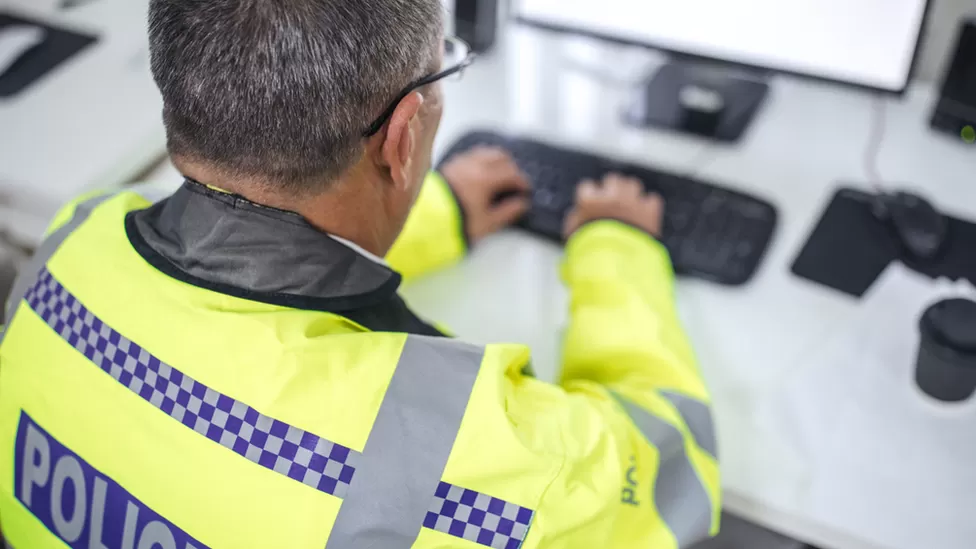Police access to passport photos risks public trust

Police minister Chris Philp wants officers to be able to access more databases.
Within two years, he claimed, a new data platform could be built.
According to Prof Fraser Sampson, passport holders may feel like they are in a “digital queue”.
Photos on the police national database are currently limited to arrestees.
Dashcams and doorbells, as well as home and business security cameras, can be checked against the national database by the police.
This week, Mr Philp told the Conservative Party conference: “I’m going to ask police forces to search all of those databases – the police national database, which contains custody images, as well as other databases.”
Prof Sampson said the police should avoid giving the impression they are on a “digital line up.”
As a result, the state has significant collections of good quality photographs of a significant portion of the population – drivers and passport holders being examples – which were originally required for driving and international travel.
There is a significant risk of disproportionality and damage to public trust if the state routinely runs every photograph against every picture of every suspected crime incident.
Mr Philp said he wanted a system that would enable officers to “press one button” and “search it all.” However, civil liberties groups say using passport photos risks exacerbating concerns regarding the police’s use of facial recognition technology.
Liberty, a civil rights organization, policy and campaigns manager Emmanuelle Andrews said, “The commissioner is entirely correct to warn about the expansion of facial recognition technology.”
